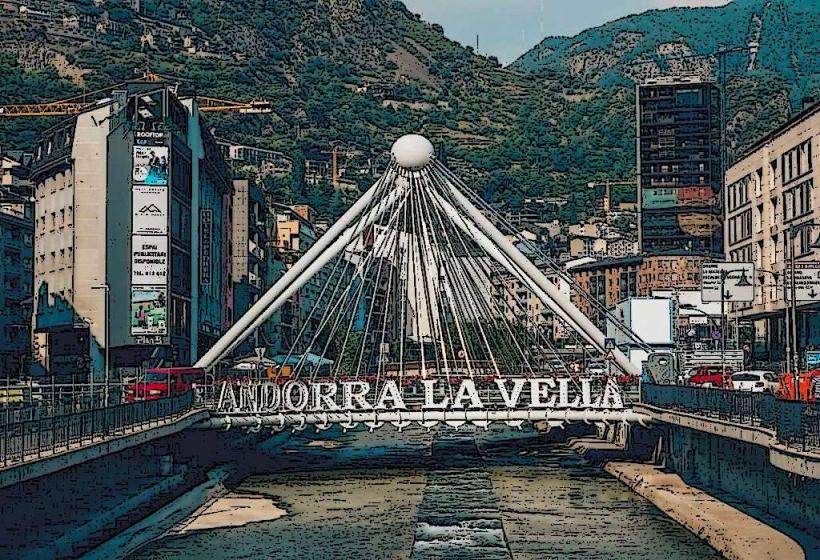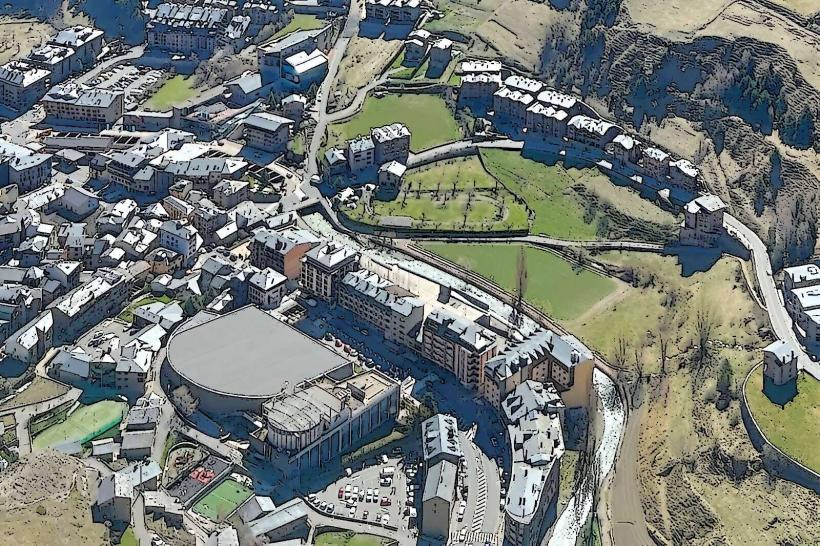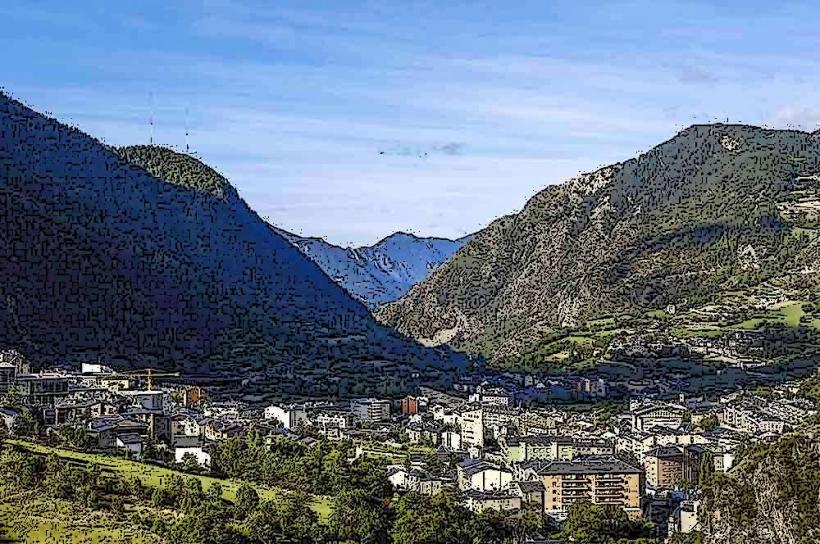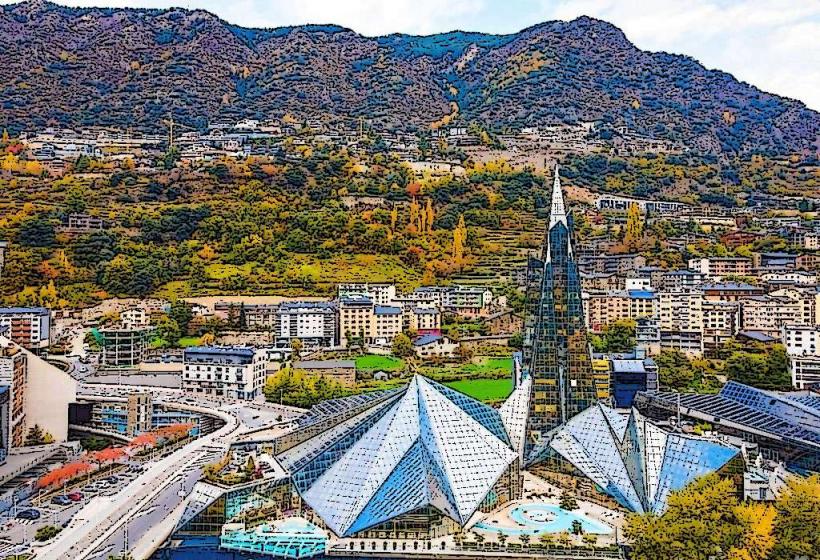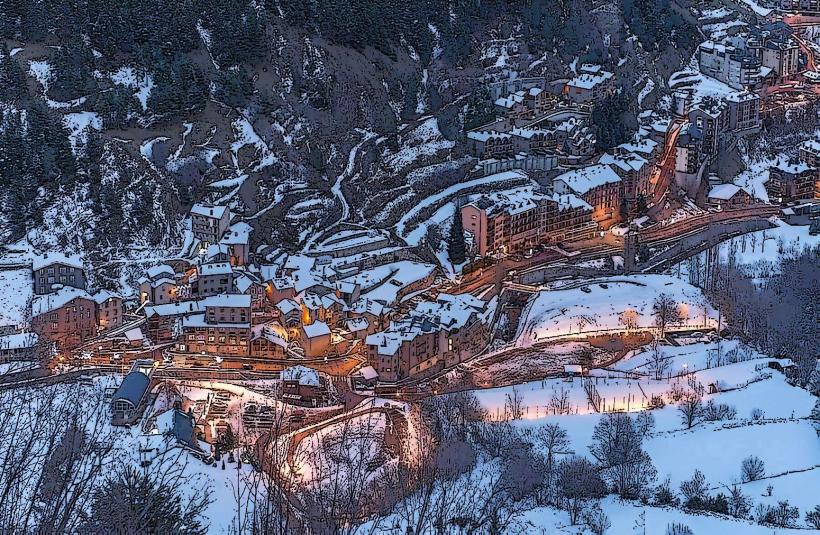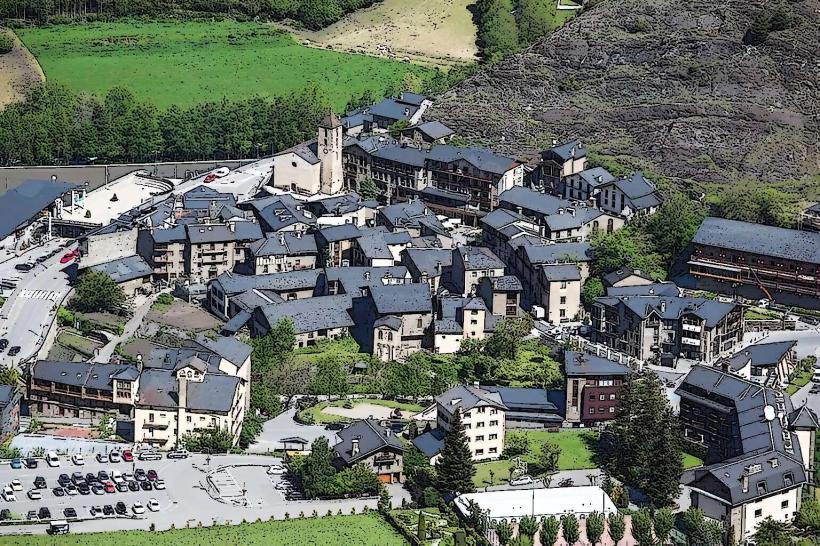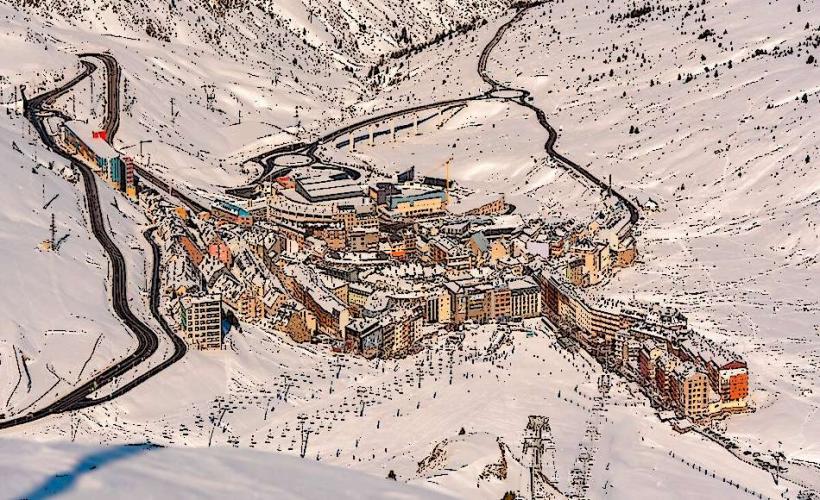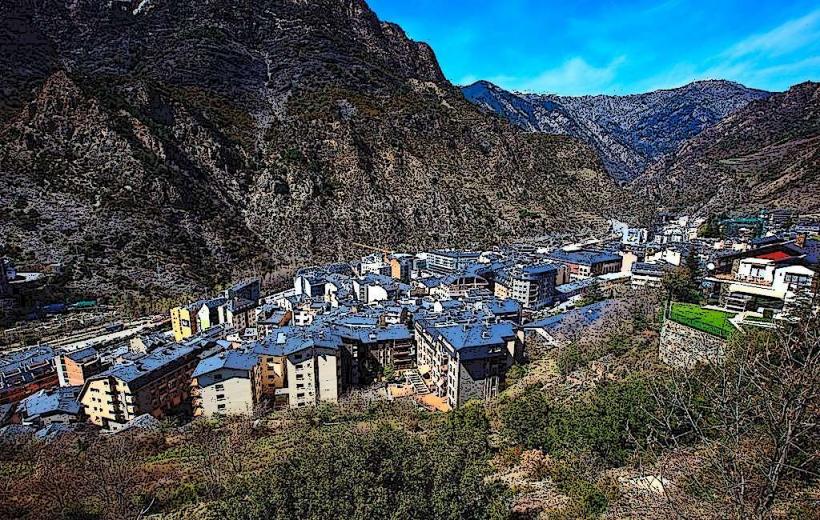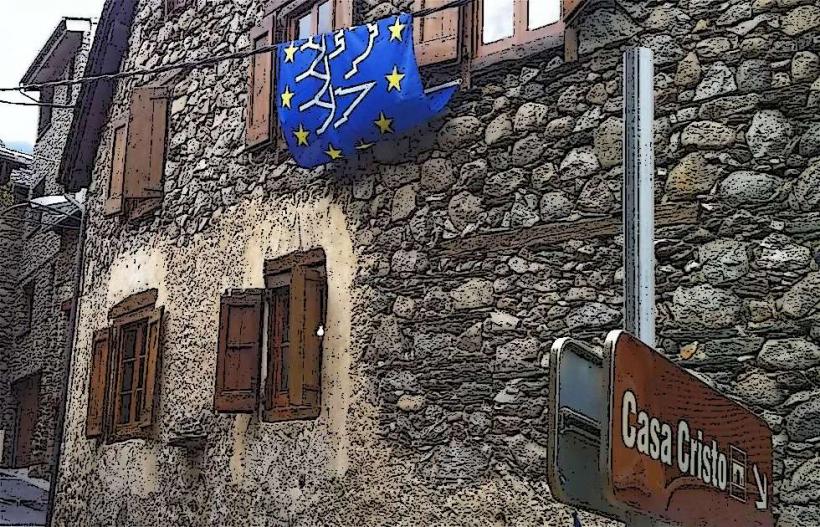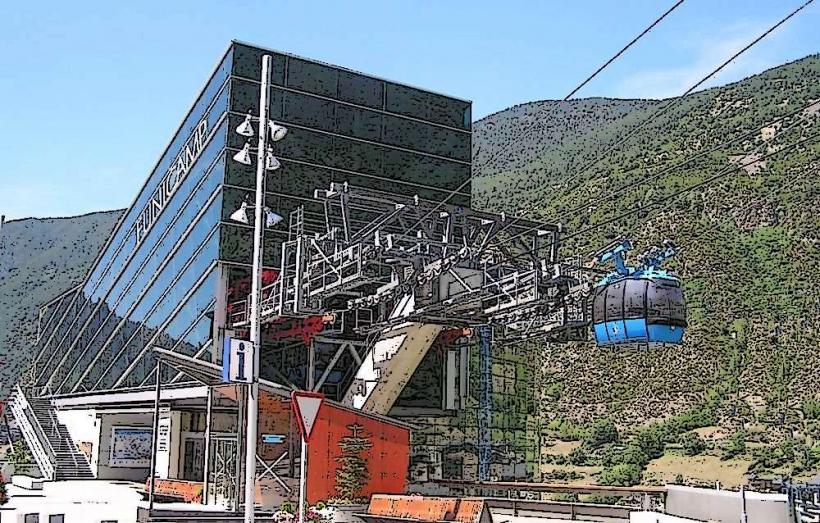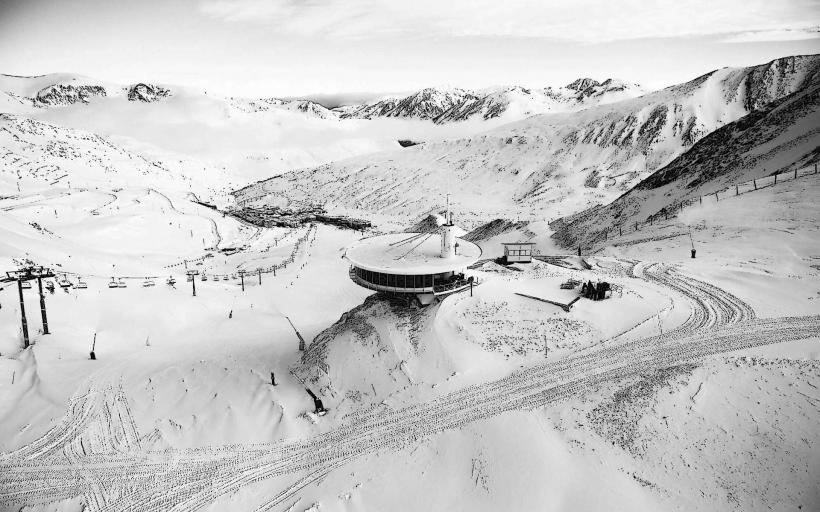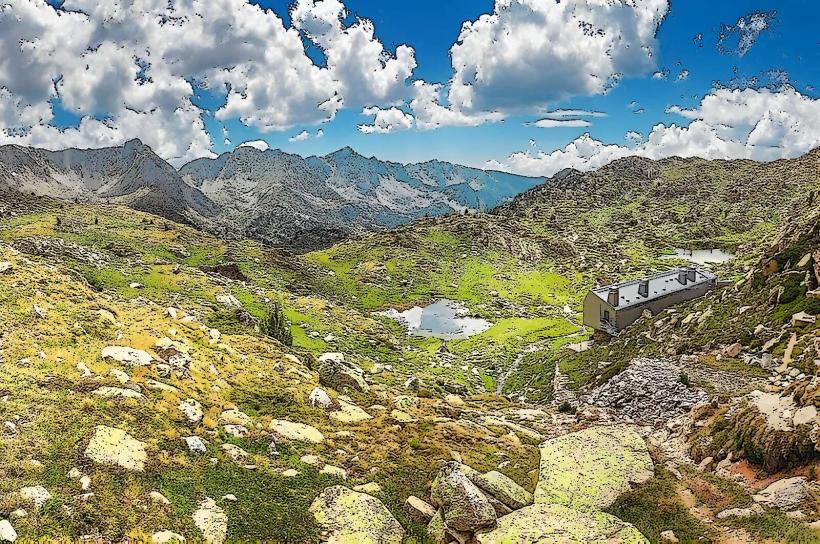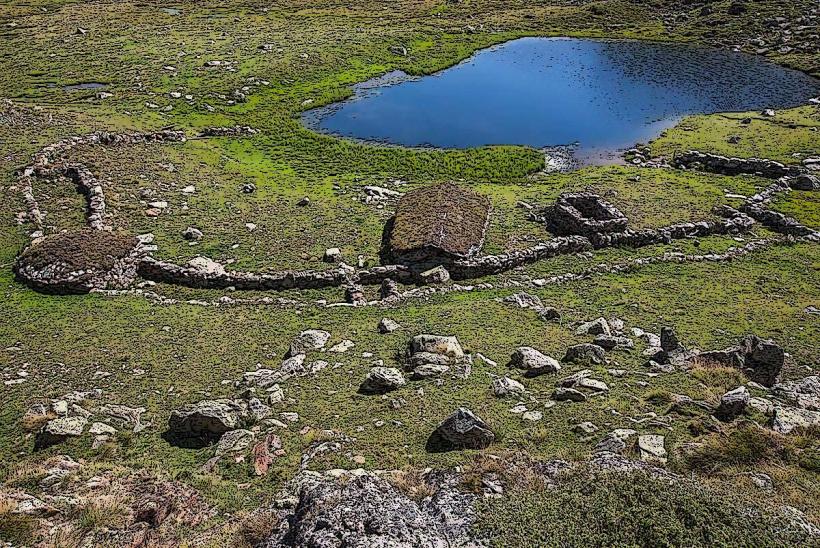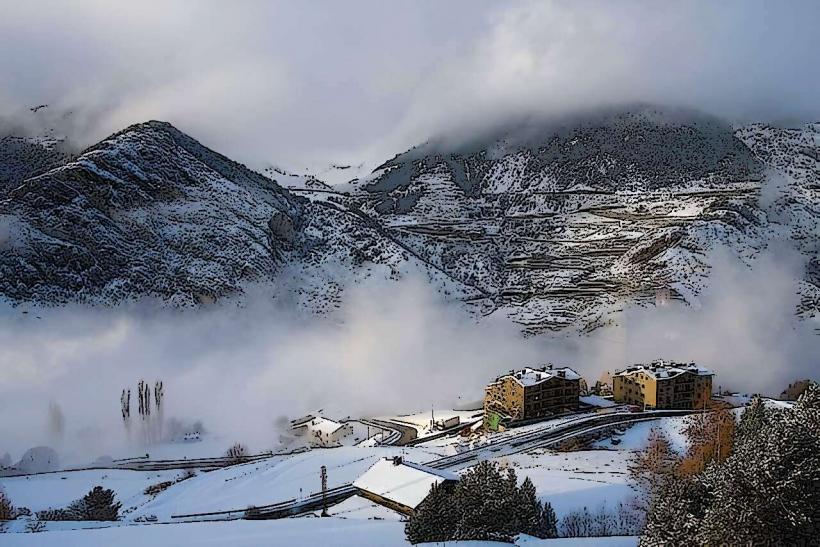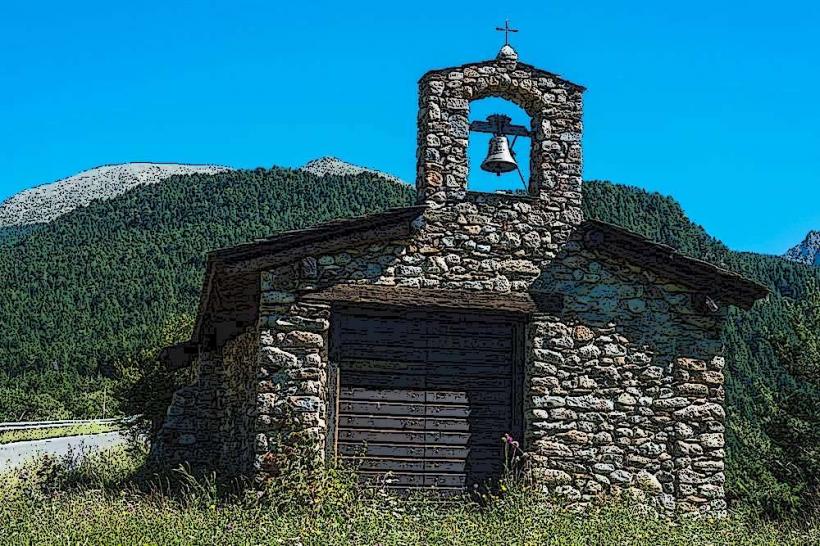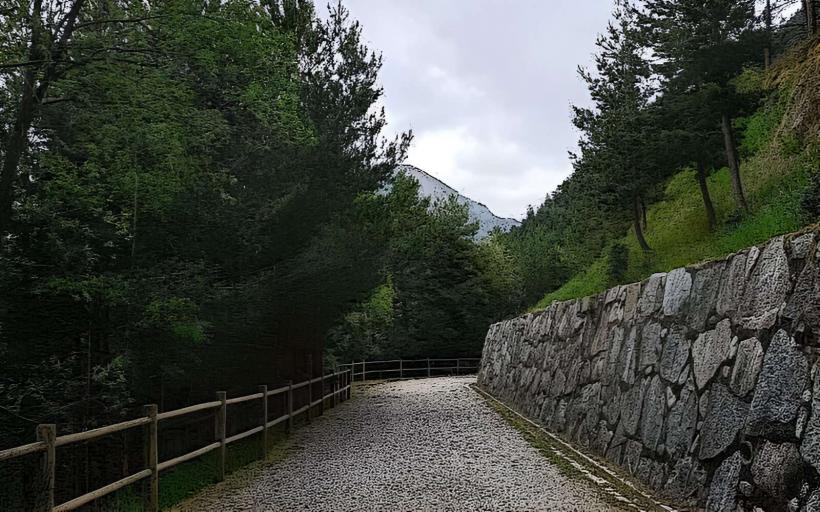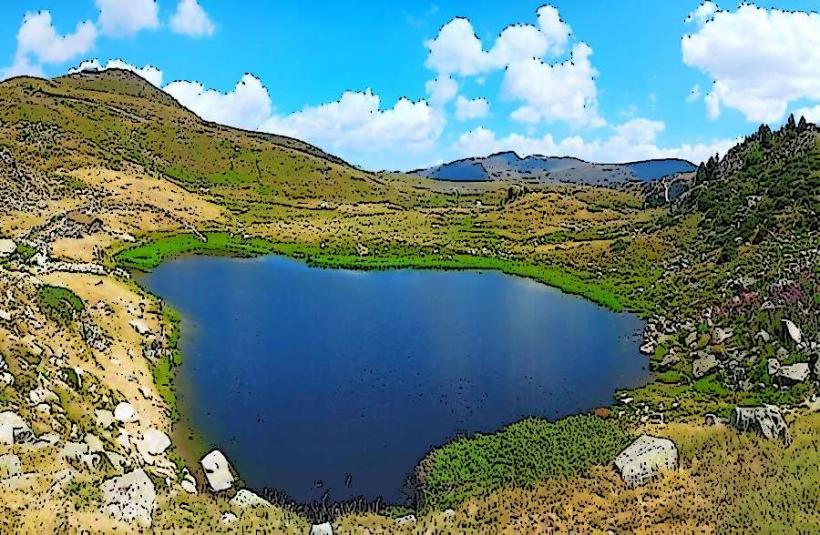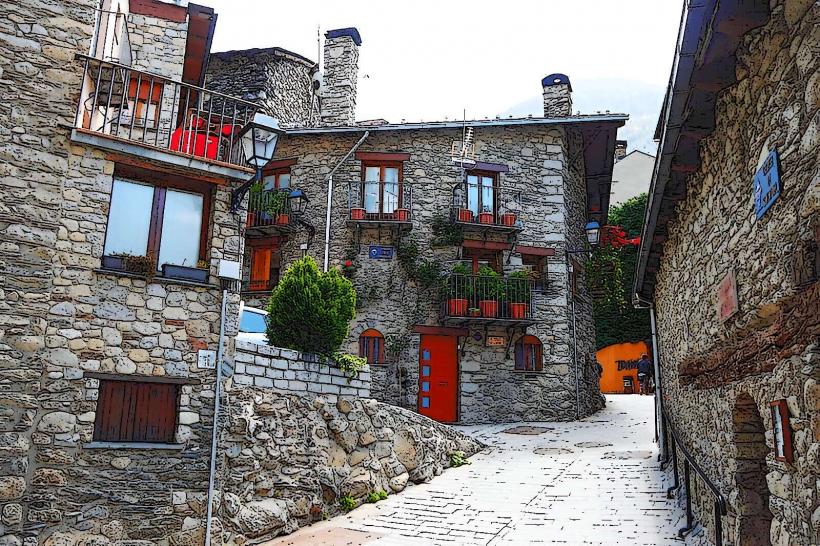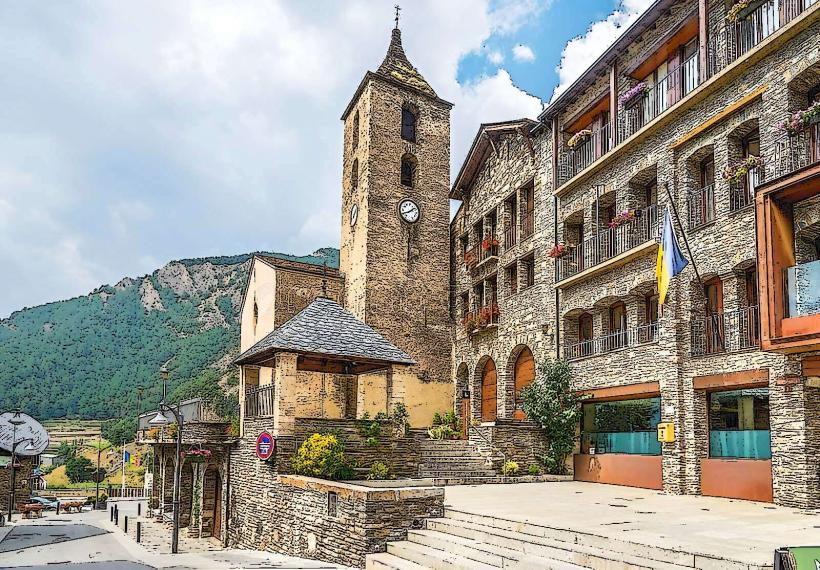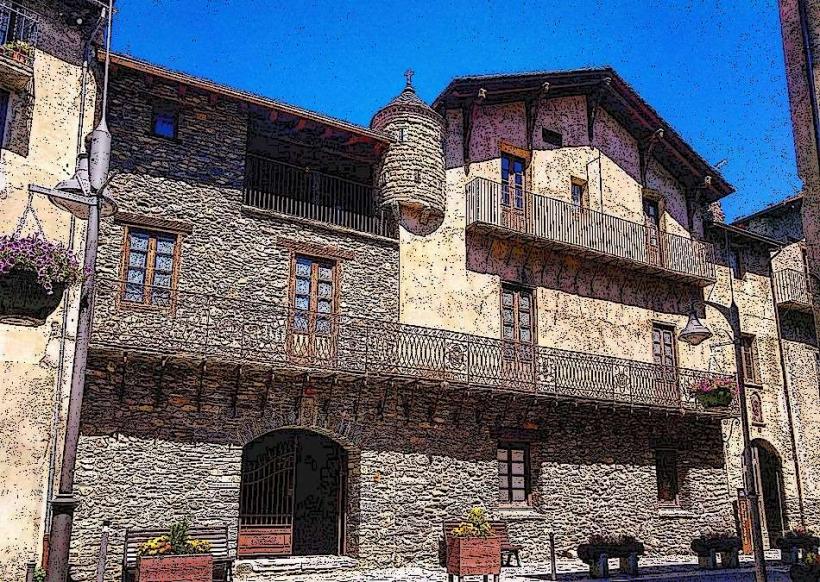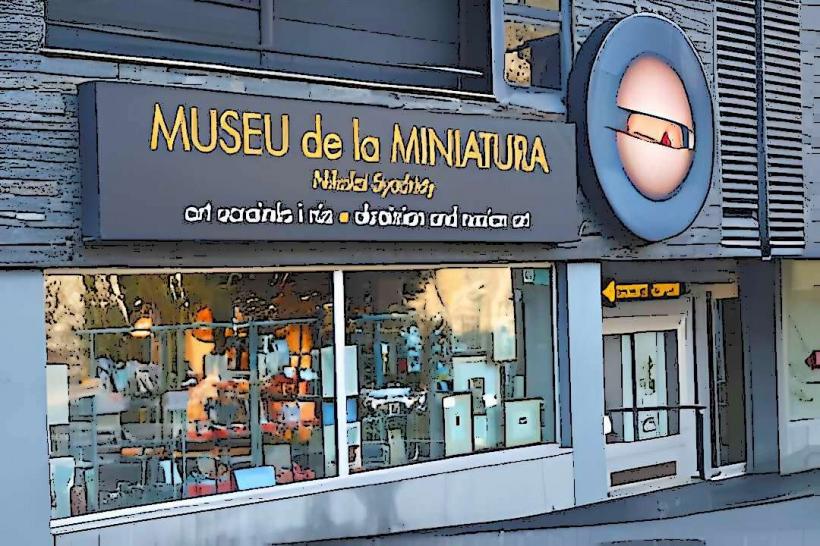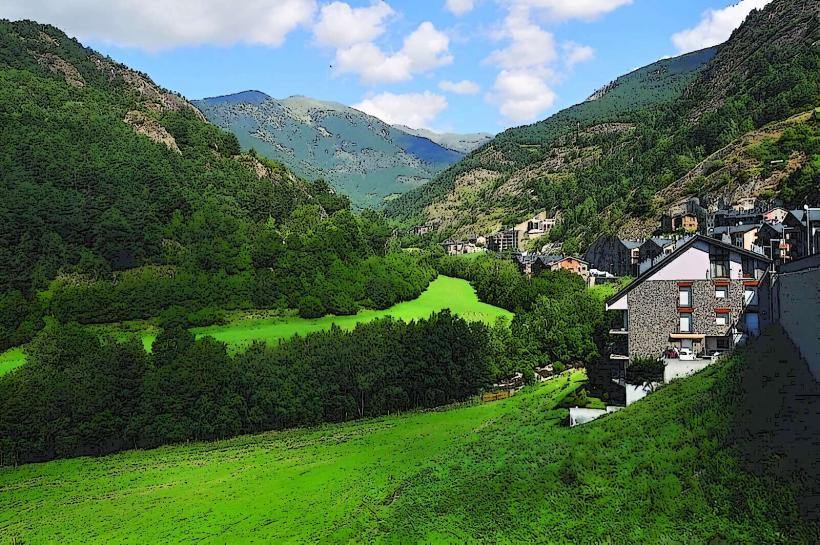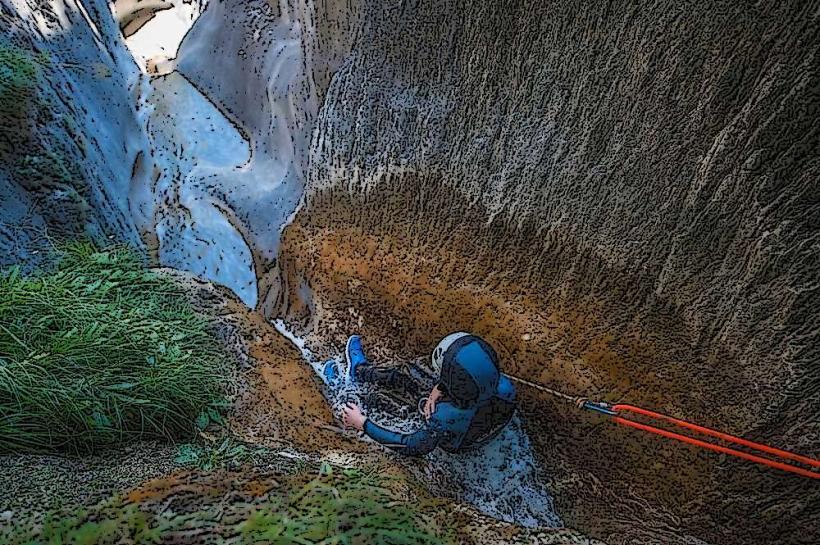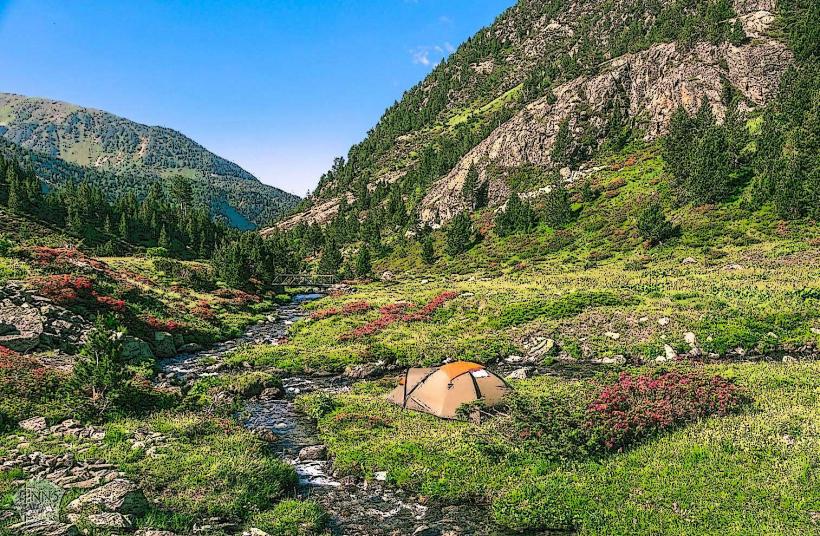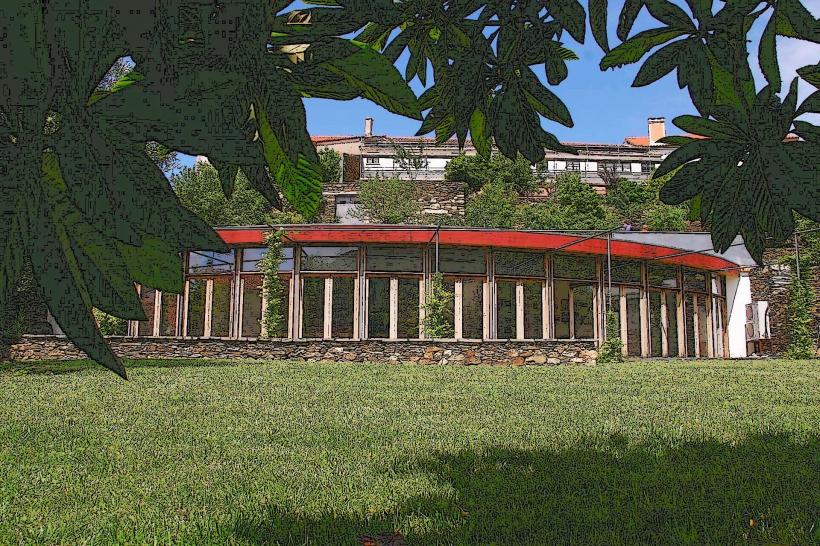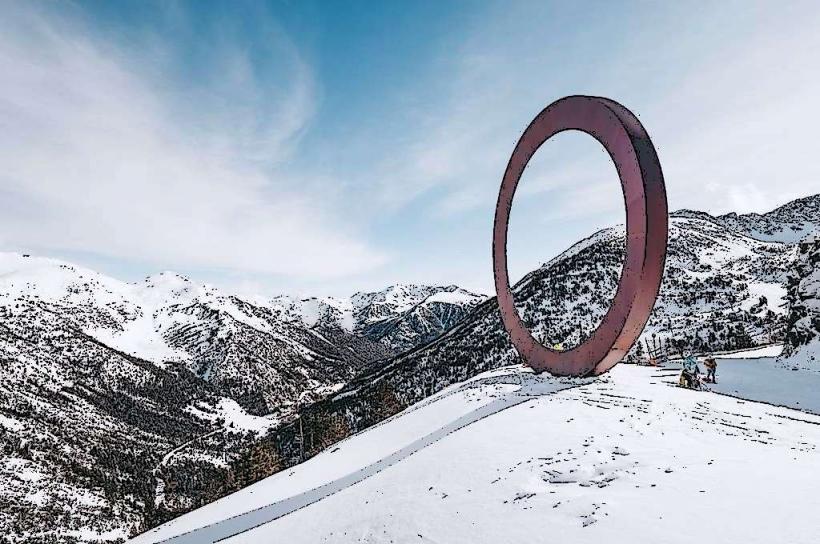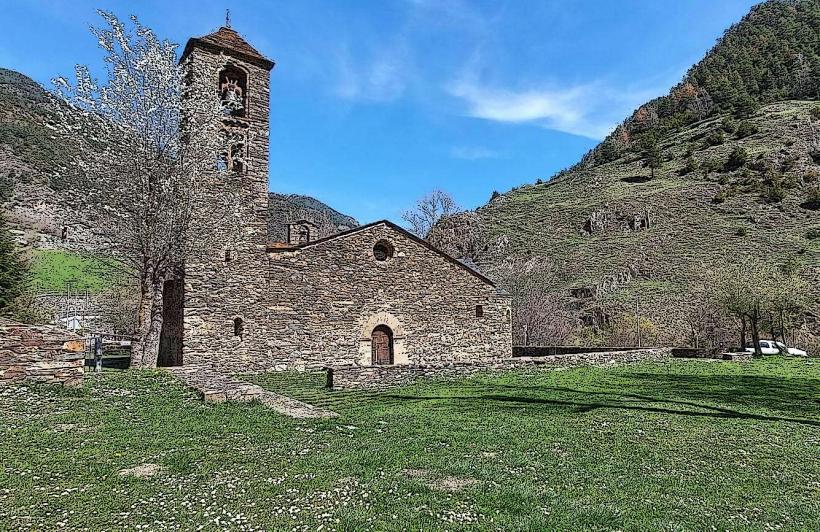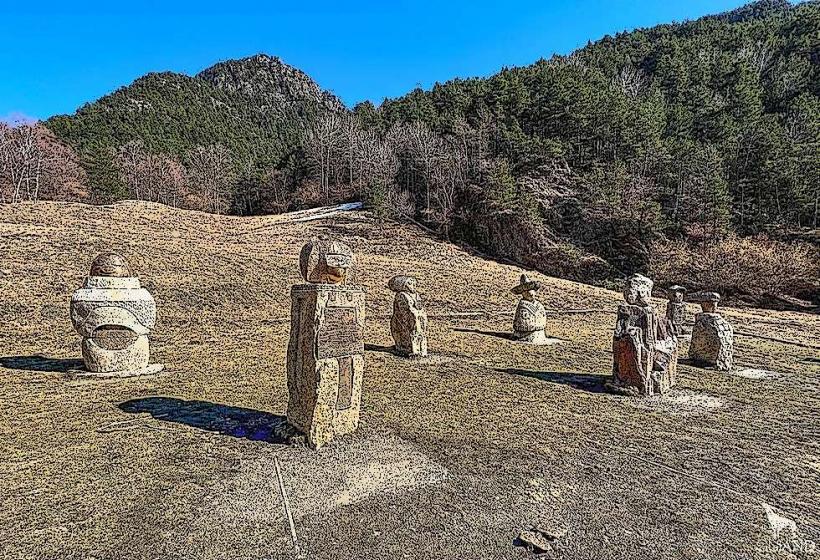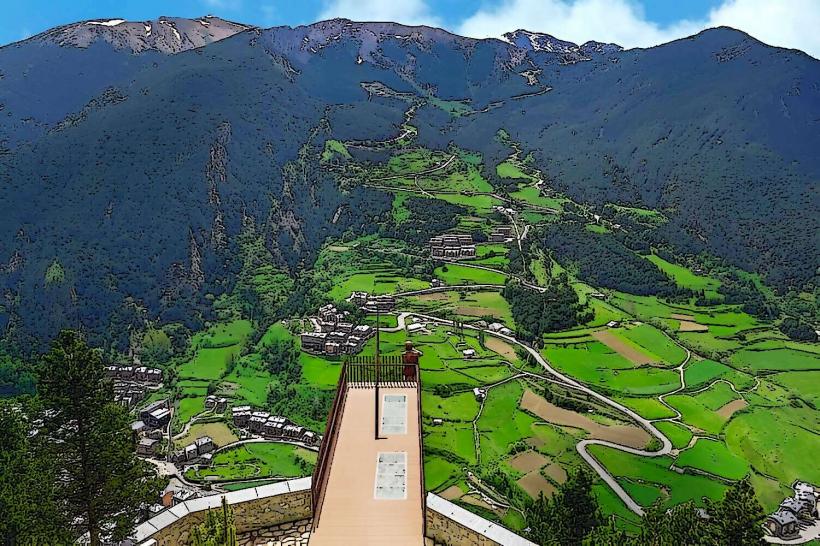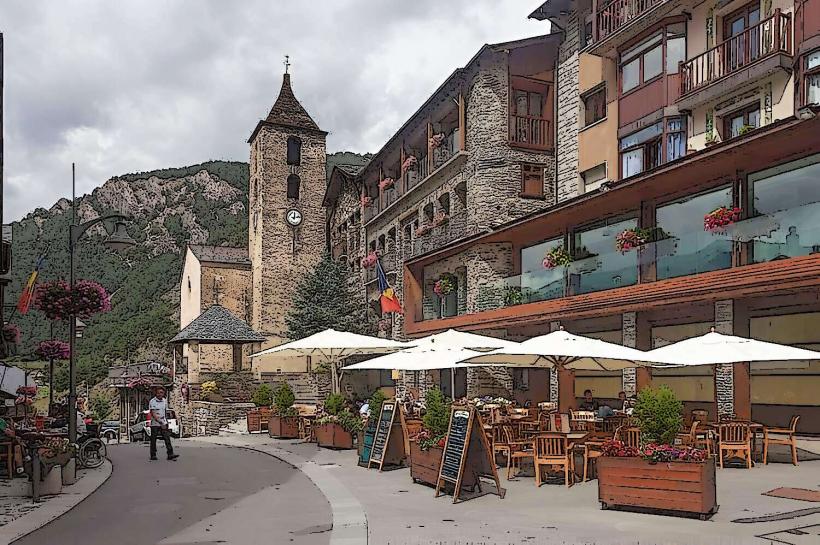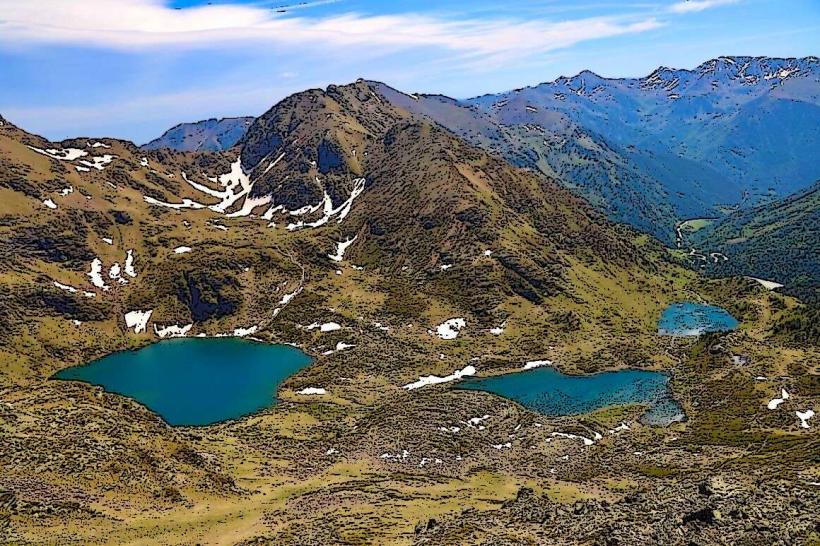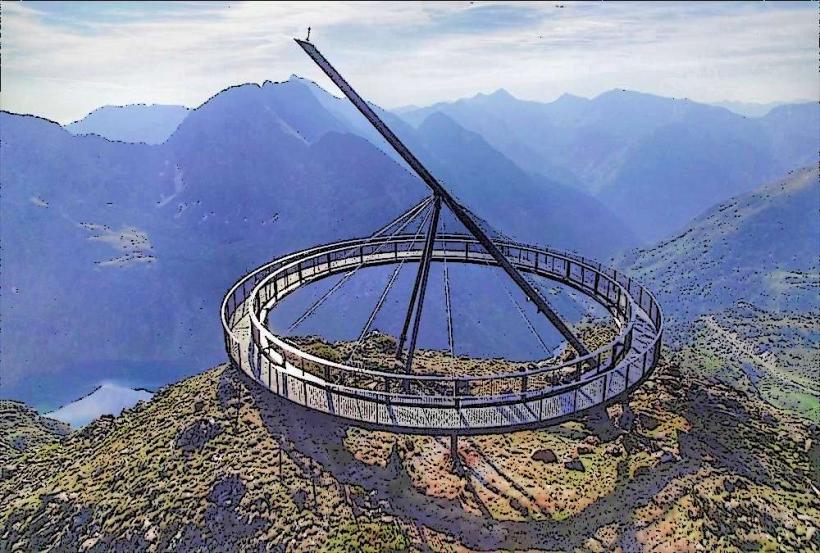Information
Country: AndorraContinent: Europe
Andorra, Europe
Andorra is a landlocked microstate situated in the eastern Pyrenees, bordered by France to the north and Spain to the south. Its geography is characterized by rugged peaks, including Coma Pedrosa at 2,942 meters, and narrow glacial valleys; the capital city is Andorra la Vella.
Visa & Entry Policy
Andorra is not a member of the EU or the Schengen Area, but it maintains open borders with its neighbors. No visa is required for entry into Andorra itself. However, since the country has no international airport, visitors must transit through France or Spain. Starting in late 2026, non-EU visa-exempt travelers must obtain an ETIAS authorization to enter or exit via these neighboring Schengen territories. Passports must be valid for at least six months for non-EU nationals.
Language & Communication
The official language is Catalan; Andorra is the only country in the world where Catalan is the sole official language. Spanish, French, and Portuguese are also widely spoken due to the high percentage of foreign residents (approx. 64%). English proficiency is high in the tourism and retail sectors of the capital and ski resorts.
Currency & Payment Systems
The currency is the Euro (EUR). While not part of the Eurozone, Andorra uses the Euro as its official currency under a monetary agreement with the EU. Card payments and contactless systems are universal in urban centers and shopping districts. Cash is used less frequently than in neighboring Spain but remains necessary for small transactions in remote mountain villages. As of January 1, 2026, new EU-Andorra protocols facilitate the automatic exchange of financial information.
National Transport Grid
There is no rail network or commercial airport within the principality. Transport is conducted primarily via a well-maintained road network. High-frequency bus services connect Andorra la Vella to Barcelona (Spain) and Toulouse (France). Internally, the seven parishes are linked by the "Clipol" bus network. The closest commercial flight hub is the Andorra–La Seu d'Urgell Airport, located 12 km south in Spain.
Digital Infrastructure
Primary mobile and internet services are provided exclusively by Andorra Telecom, the state-owned monopoly. 5G coverage is nationwide as of 2026, including all ski resorts and urban areas. Fiber-optic connectivity is universal, as Andorra was the first country to provide fiber access to 100% of its households.
Climate & Seasonality
The climate is mountainous with Mediterranean influences. Summers (June–September) are warm and dry, while winters are cold with heavy snowfall, making it a primary destination for winter sports. July is typically the warmest month, while January is the coldest. The country receives approximately 300 days of sunshine annually.
Health & Safety
No mandatory vaccinations are required. Andorra boasts one of the world's highest life expectancies (83+ years) and a top-tier healthcare system (SAAS). Crime rates are exceptionally low, among the lowest globally. The universal emergency number is 112; specific lines are 110 (Police), 116 (Ambulance), and 118 (Fire).
Top 3 Major Regions & Cities
Andorra la Vella: The capital and primary retail hub (highest capital in Europe at 1,022m).
Escaldes-Engordany: Known for the Caldea thermal spa and urban commerce.
Canillo: The spiritual center (Sanctuary of Meritxell) and gateway to Grandvalira skiing.
Local Cost Index
1L Water: €0.70 ($0.77 USD)
1 Domestic Beer: €2.00 ($2.20 USD)
1 Sim Card (Data Plan): €15.00 ($16.50 USD)
Facts & Legends
Andorra is a parliamentary co-principality, unique for having two heads of state: the President of France and the Bishop of Urgell (Spain). Historically, Andorra declared war on Germany during WWI but, having no standing army, sent no troops; consequently, it was omitted from the Treaty of Versailles and remained technically at war with Germany until 1958. According to legend, the country was founded by Charlemagne in 805 AD as a reward for the locals' assistance in his struggle against the Moors.

